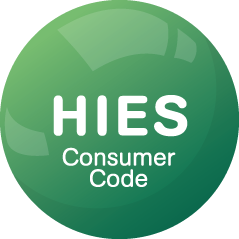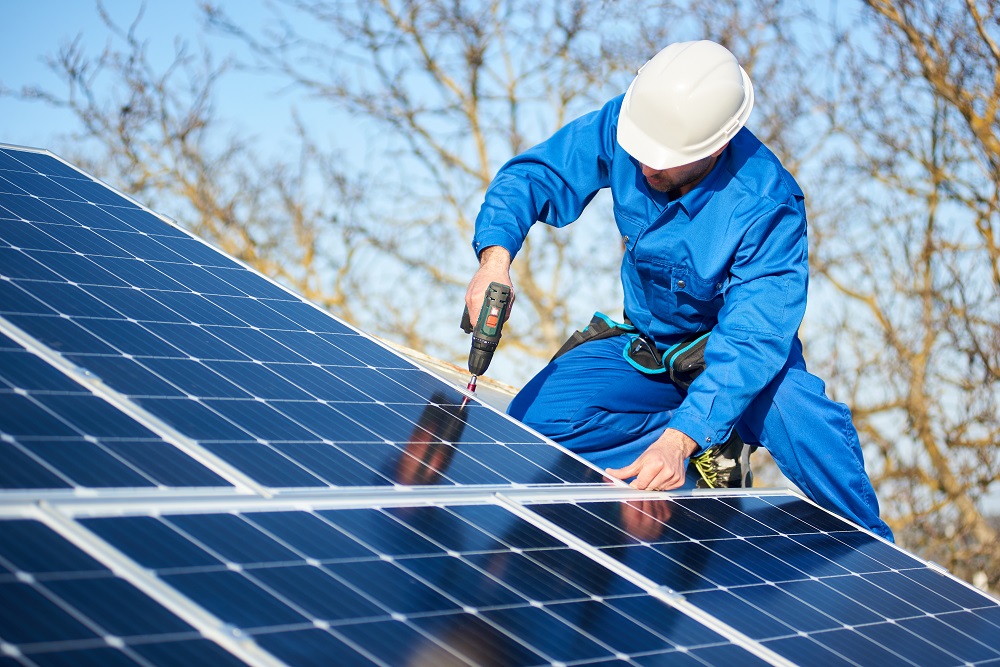A recent report by the Rt. Hon Chris Skidmore MP, Mission Zero, has highlighted the achievements of the UK’s journey to Net Zero so far. There is work to be done, but it is clear there is a gap in homeowners’ knowledge of how they can decarbonise their homes. We discuss how HIES plays an important role in educating consumers.
A recent independent review of the UK’s journey to Net Zero has highlighted that there is a demand among homeowners for improvements in the energy efficiency of their homes. There is a growing recognition that we are all individually responsible for our impact on the environment and with that comes secondary benefits such as reduced energy bills, an important consideration at a time of sky-high energy costs, and an increase to the value of our homes.
As Chris Skidmore reports, the UK was the first G7 country to sign into law a commitment to meet net zero greenhouse gas emissions by 2050. Domestic emissions are a key part of how the country will meet this target. Domestic stock in the UK has become far more energy efficient due to improvements in the efficiency of appliances and lighting, but consumers often feel they have less information about what their options are when it comes to installing energy efficient heating systems.
Trust in HIES
HIES is a Chartered Trading Standards Institute approved Consumer Code, which means we have robust processes in place to ensure our members are vetted and approved. With ‘green fraud’ on the rise, where disreputable organisations are cashing in on both consumer uncertainty within this sector and the demand for energy efficiencies within the home, HIES provides a vital service in ensuring consumers are protected by offering a network of accredited installers you can trust. Being able to have confidence in the supply chain is key to protecting consumers’ investments and goodwill.
Heat pumps: Dispelling the myths
A few years ago, most of us wouldn’t have heard of heat pumps but this technology is helping reduce carbon emissions across the country. Heat pumps have widely been installed in much colder, Nordic countries negating any doubts about how effective they are in the UK. And, despite urban myth, they can be fitted to the majority of housing types in the UK, providing they have a certain level of energy efficiency.
At HIES we provide clear, concise information about both air- and ground-source heat pumps which aims to dispel some of the more negative perceptions about this technology, usually due to a lack of available information for the homeowner. For example, we explain the Government’s Boiler Upgrade Scheme which was launched in Spring 2022 and runs for three years. This offers up to £6,000 to homeowners installing heat pumps, making the cost far more accessible. We also lay out in detail what heat pumps are and how they work, making it easier for consumers to make a decision that’s right for them.
Harnessing the power of the sun
Photovoltaic, or solar panels are a great way of making a home more energy efficient and most consumers are aware of the technology. But questions still need to be answered about how this technology works in the home and what kind of investment is needed.
Again, our role at HIES is to provide clear information about installing solar energy and gives consumers advice about initiatives such as the Smart Export Guarantee, a Government scheme introduced in 2020, which requires some electricity suppliers to pay small-scale generators for low-carbon electricity which they export back to the National Grid. Additionally, homeowners need to know what savings there are to be made in order to balance that against the initial cost. After all, decarbonisation is one thing, but most homeowners need to see a benefit to installing energy efficient systems.
It’s important that there are sources of accurate information out there and if there’s one thing to take from the Mission Zero report, it’s that homeowners don’t always know where to turn. We wear a number of hats at HIES as a consumer protection organisation, but one of our key roles is as an information hub. If we are to meet the country’s Net Zero commitment, we all, individually, need to know how we can do that.
Do you have a question?
Call us on 0344 324 5242
Or send an email to
communications@hiesscheme.org.uk


